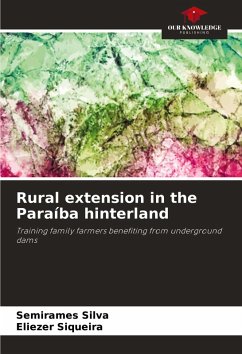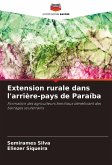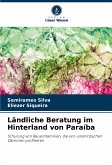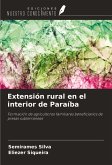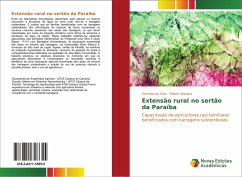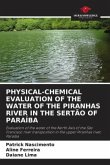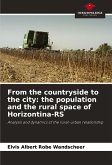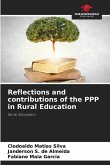Among the technological alternatives available to alleviate or even solve water scarcity in rural areas is the underground dam. It is well known that the families benefiting from underground dams find it difficult to exploit the natural resources present in the dam areas in a sustainable way, since they were set up because of the climatic situation as a way of alleviating water scarcity in the region. In this situation, the aim was to train family farmers who are beneficiaries of the One Land, Two Waters Programme - P1+2 with Underground Dams, in the sustainable exploitation of the areas surrounding the dams in the Barro Branco II community, in the municipality of São José da Lagoa Tapada, in the Paraíba hinterland, to improve sustainable food production, increase income generation and consequently improve the community's quality of life. The work achieved the proposed objectives when the farmers absorbed and proved the positive and beneficial results of sustainable agricultural exploitation of the areas surrounding the underground dams and through the use of natural products it is possible to produce without the use of pesticides.
Bitte wählen Sie Ihr Anliegen aus.
Rechnungen
Retourenschein anfordern
Bestellstatus
Storno

